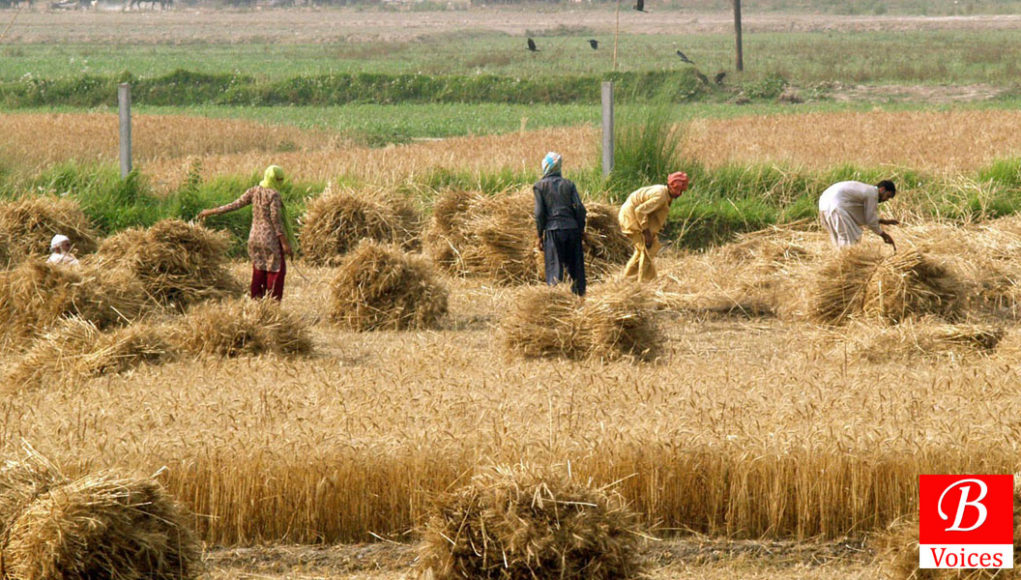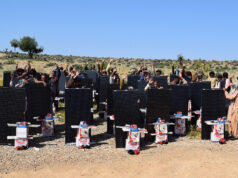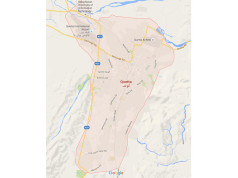Zaheer Ahmed Baloch
The green belt of Balochistan is a region that is known for its rich agricultural lands and a hub of food production. However, the catastrophic floods that hit the region last year have left a devastating impact on the farmers and their families. As the harvesting season comes to an end, it is time to reflect on the experiences of activism and farming in this region.
As a farmer and an activist, my main focus has been on land issues, economic, class, social justice, and the sovereignty of peasant people. One of the key realizations that I have come to is the need for recognition of indigenous communities and their struggles to meet the challenges of daily life. The indigenous people are more connected to nature and are forward in their realizations, which makes them more equipped to face the crises we face today.
The Kachi plains, which are now the green belt of Balochistan, have a rich history of food production. In the times of Khanate, these plains were known for their agricultural prosperity. Today, Naseerabad, Jafferabad, Jhal Magsi, and Sohabtpur are the only modern irrigated food-producing areas in the whole province. However, last year’s floods caused immense damage to both command and non-command areas of Pat-feeder and Kirthar canal, including the rest of the Kachi plains.
The floods were not a natural disaster but a human error caused by corruption in the irrigation department. The canals did not have proper drainage systems, and the floodwater overflowed from all eight sub-distributary canals, leaving thousands of farmers displaced and helpless. The people paid the price for the government’s negligence, and the rehabilitation process is still ongoing.
In normal days, the region produces wheat, rice, sesame, cotton, beans, and vegetables on a mass level. Before the proper irrigation system, farmers relied on rains for most of the time to sow seeds because it was the only source of water. After the completion of Kirthar and Pat feeder canals, the farmers started relying on these canals. However, these canals have also become the cause of destruction. The blocked drainage system needs to be fixed to prevent future disasters.
In conclusion, it is high time for the government of Balochistan to revisit their mistakes and rehabilitate canals, including the blocked drainage system, before it’s too late. The farmers and their families need support and recognition for their contribution to the region’s food production. Indigenous communities must be given the respect and recognition they deserve for their connection to nature and their ability to face the crises of our time. It is only through collective efforts that we can create a sustainable future for Balochistan’s green belt.
Disclaimer: Views expressed in this article are those of the writer and Balochistan Voices does not necessarily agree with them.
Share your comments!








